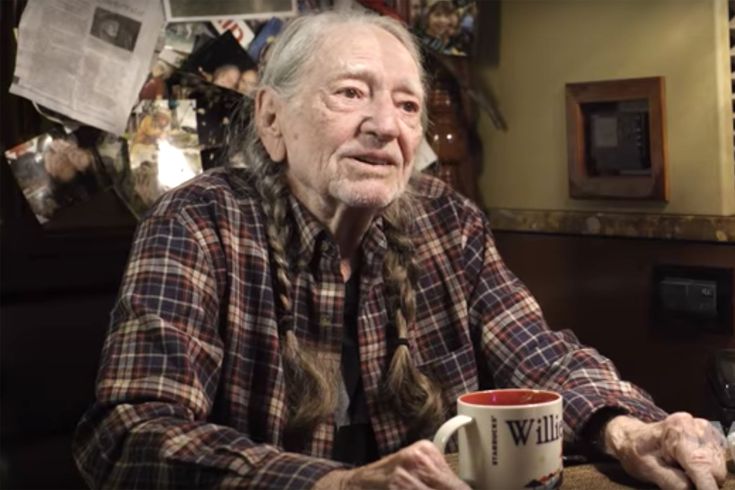
The Untold Saga of Willie Nelson: A Life Carved in Music and Resilience
At 91, Willie Nelson remains not just a towering presence in the world of country music but a living testament to the power of perseverance, artistry, and authenticity. From humble beginnings in a small Texas town to becoming a cultural icon, Nelson’s story is one of grit, grief, and greatness—an American tale unlike any other.
Born in 1933 in Abbott, Texas, Willie’s early life was shaped by hardship. Raised by his grandparents after the departure of his mother and the remarriage of his father, young Willie was introduced to music at a tender age. His grandfather gave him his first guitar at the age of six, and by seven, he had already penned his first song. Despite financial struggles and emotional setbacks, music became his sanctuary.
In high school, Willie juggled sports, school, and music. He played in local bands and found early work as a DJ, honing his voice and style. A short stint in the Air Force ended due to health issues, prompting him to refocus on songwriting and performance—the constants in his ever-changing life.
Willie’s early career was filled with rejection and false starts. Demos were turned down, gigs were scarce, and a move to Portland offered little relief. But perseverance prevailed. Eventually, he found his stride by selling songs and performing in Texas and later Nashville. “Hello Walls,” famously performed by Faron Young, was one of his breakthrough compositions, cementing his place as a formidable songwriter.
His artistic identity blossomed through the 1960s and early ’70s, fueled by personal ups and downs. In 1973, his move to the creatively charged Austin, Texas music scene sparked a much-needed revival. With albums like “Shotgun Willie” and “Phases and Stages,” Nelson boldly married storytelling with musical experimentation, offering a fresh sound that defied the glossy production of Nashville’s mainstream.
Nelson’s full artistic liberation arrived after signing with Columbia Records, where he released the landmark “Red Headed Stranger”. Its hit single, “Blue Eyes Crying in the Rain,” catapulted him to superstardom. Alongside artists like Waylon Jennings, he pioneered the Outlaw Country movement—a rebellion against Nashville’s commercial polish, favoring authenticity and raw emotion.
But fame brought challenges. Nelson encountered numerous financial, legal, and health problems. A collapsed lung, battles with pneumonia, and carpal tunnel surgery threatened his career. His infamous $32 million tax debt in the late 1980s, attributed to managerial mismanagement, became a public saga. Yet in a touching display of loyalty, fans bought and returned auctioned belongings to help him recover. Legal troubles related to marijuana possession made headlines through the years, yet Nelson remained steadfast in his advocacy for change.
Through all this, Willie Nelson never stopped creating. His collaborations with fellow artists, his role in launching PBS’s Austin City Limits, and his unrelenting tour schedule with his long-running band, The Family, kept him at the heart of American music culture. Even as he lost close companions and bandmates, Nelson continued to honor their memory through song.
His deep connection with wife Annie D’Angelo, whom he married in 1986, brought personal stability, and the couple’s two sons enriched his later years. Honored with numerous accolades, including induction into the Country Music Hall of Fame and receipt of the Kennedy Center Honors and the Gershwin Prize for songwriting, Nelson’s legacy is both immense and enduring.
Today, Willie Nelson stands not just as a country legend but as a symbol of American endurance—a man who turned personal pain into poetic expression, who reshaped a genre with boldness and humility. His is a life not just lived, but etched into the soul of a nation.
Video
At 91, Willie Nelson Finally Reveals the Truth We Always Suspected! – YouTube
